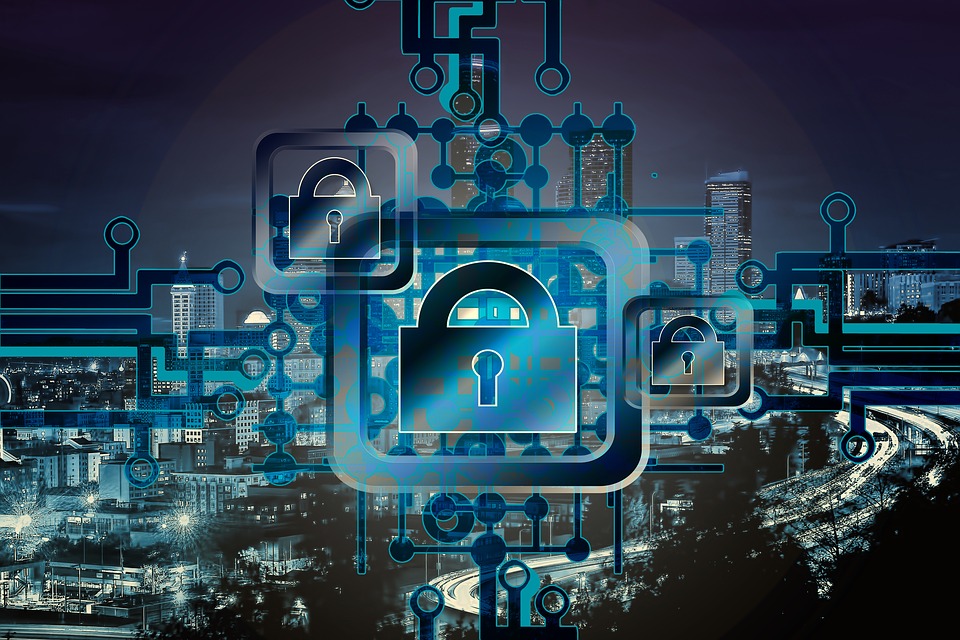
As a business owner, what comes next after protecting your company's digital information from cyber attacks is protecting its physical assets from theft and damage. The easiest way to do this is to install electronic security systems in your company, and thankfully, this process is inexpensive.
Integrating an electronic security system in your company comes with lots of benefits, but the three most important benefits are:
- You'll get real-time security updates
Thanks to modern technology, installing an electronic security system in your company will inform you of any slight changes in the state of your company's security IN REAL TIME.
All you need is a device—like a tablet, smartphone, or computer—to access your electronic security system, and you're all set!
- Your employees' workspace will be safer
With a good security system in place, your employees will feel safer during their working hours, especially if they work late shifts. This sense of safety will usually put them at ease, thus improving their workflow and productivity.
- Your company will be under constant supervision
When mounted on strategic spots, CCTV cameras make it easy to monitor not only your company's premises but also your employees' activities.
And it doesn't matter if you're inside the building or somewhere else—as long as you have the cameras' access codes and a device to access them with, you'll be able to supervise your company at all times.
So, What Security Devices Should You Install in Your Company?
Whether you're building a smart digital workplace that requires total mobility, or you need IoT and edge computing devices, these three security devices will help you accelerate and protect your business from common threats that most businesses face.
1. Surveillance cameras
One advantage of installing surveillance cameras in your company is that it lets you closely monitor the building's interiors and exteriors. The most common locations to place surveillance cameras include:
- Areas of your building that are hard to see—or areas where sensitive information is stored.
While surveillance cameras may not detect or prevent intrusions, if an intrusion does occur, their video coverage can be vital in the investigation of the identities of the perpetrators.
2. Intrusion (News - Alert) detection alarm systems
Intrusion detection alarms are popular in homes, stores, and rooms where valuables or sensitive information is kept. They work hand in hand with motion sensors, which are placed on doors, windows, and similar access points.
The main function of these alarm systems is to warn or protect the residents whenever they detect a breach into the area they're securing, which makes them vital to your company's security.
3. Electronic access control system
If your company deals with sensitive information, then monitoring it with surveillance cameras won't be enough. You'll need to safeguard it from unauthorized personnel, and installing Access Control Systems is one way to do this.
Access Control Systems control access to specific areas in your company by interfacing them with locking mechanisms, which can only be unlocked when the user's credentials have been verified. Two popular examples of these systems are:
- Doors that require pins, biometrics, or smart cards before they can open
- Devices that register attendance by logging users' fingerprints
Standard Access Control Systems mostly regulate access to specific areas. But you can always go the extra mile by getting the ones that are configured to alert the authorities in the event of unauthorized access.
